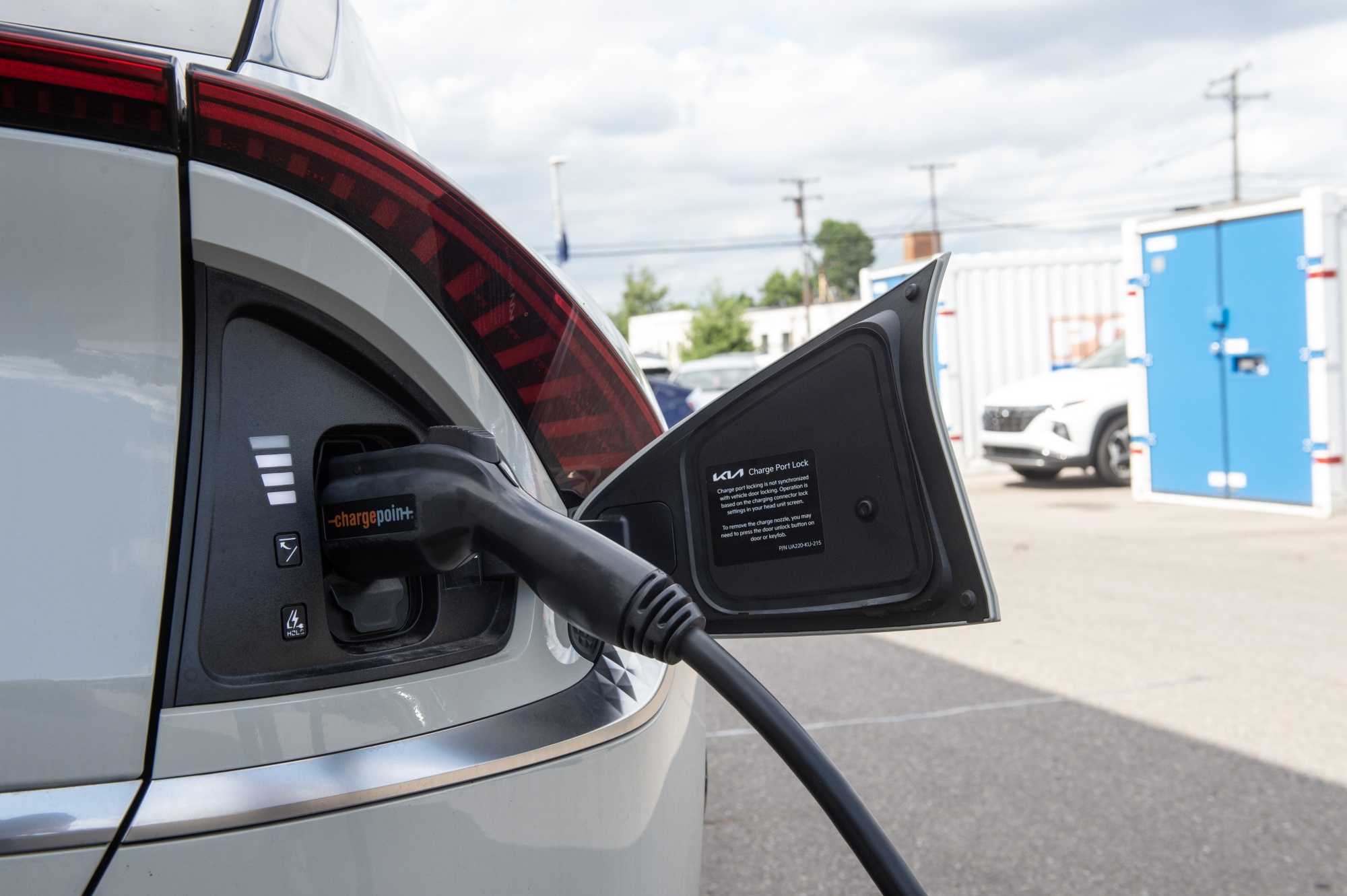In the past, engines were simple mechanical devices that relied on basic principles of combustion and mechanical motion to generate power. However, with the advent of modern engine technology, electronics have become an integral part of the engine design and operation. In this article, we will explore the role of electronics in modern engine technology and how they have revolutionized the way engines work.
Body:
- Engine Control Units (ECUs)
The Engine Control Unit (ECU) is the brain of the engine, responsible for controlling various engine functions such as fuel injection, ignition timing, and emissions control. The ECU uses sensors to monitor engine parameters such as engine speed, temperature, and airflow, and adjusts engine performance accordingly. The ECU has become increasingly sophisticated over the years, with the latest models featuring advanced algorithms and machine learning capabilities. - Sensors
Modern engines rely on a variety of sensors to monitor engine performance and provide feedback to the ECU. These sensors include oxygen sensors, temperature sensors, pressure sensors, and many others. The data collected by these sensors is used by the ECU to adjust engine performance in real-time, ensuring optimal performance and efficiency. - Fuel Injection Systems
Fuel injection systems have replaced carburetors as the primary method of delivering fuel to the engine. Modern fuel injection systems use electronic fuel injectors that are controlled by the ECU. The ECU adjusts the fuel injection timing and duration based on engine parameters, resulting in improved fuel efficiency and reduced emissions. - Ignition Systems
Modern ignition systems use electronic ignition coils that are controlled by the ECU. The ECU adjusts the ignition timing based on engine parameters, resulting in improved engine performance and reduced emissions. - Hybrid and Electric Engines
Hybrid and electric engines rely heavily on electronics to operate. Hybrid engines use a combination of an internal combustion engine and an electric motor, with the ECU controlling the transition between the two. Electric engines rely entirely on electronics to operate, with the ECU controlling the motor speed and torque.
Conclusion:
Electronics have revolutionized modern engine technology, allowing engines to operate more efficiently and with greater precision than ever before. The use of advanced sensors, fuel injection systems, ignition systems, and hybrid and electric engines has resulted in improved fuel efficiency, reduced emissions, and increased performance. As engine technology continues to evolve, we can expect to see even more advanced electronics being used to further improve engine performance and efficiency.

